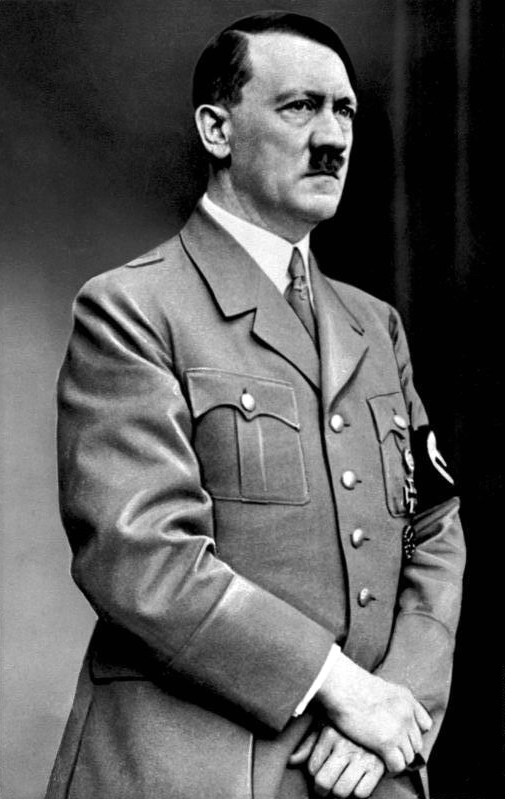Adolf Hitler
Early Years
Dictator Adolf Hitler was born in Branau am Inn, Austria, on April 20, 1889, and was the fourth of six children born to Alois Hitler and Klara Polzl. When Hitler was 3 years old, the family moved from Austria to Germany. As a child, Hitler clashed frequently with his father. Following the death of his younger brother, Edmund, in 1900, he became detached and introverted. His father did not approve of his interest in fine art rather than business. In addition to art, Hitler showed an early interest in German nationalism, rejecting the authority of Austria-Hungary. This nationalism would become the motivating force of Hitler's life.Alois died suddenly in 1903. Two years later, Adolf's mother allowed her son to drop out of school. He moved to Vienna and worked as a casual laborer and a watercolor painter. Hitler applied to the Academy of Fine Arts twice, and was rejected both times. Out of money, he moved into a homeless shelter, where he remained for several years. Hitler later pointed to these years as the time when he first cultivated his anti-Semitism, though there is some debate about this account.
At the outbreak of World War I, Hitler applied to serve in the German army. He was accepted in August 1914, though he was still an Austrian citizen. Although he spent much of his time away from the front lines, Hitler was present at a number of significant battles and was wounded at the Somme. He was decorated for bravery, receiving the Iron Cross First Class and the Black Wound Badge.
Hitler became embittered over the collapse of the war effort. The experience reinforced his passionate German patriotism, and he was shocked by Germany's surrender in 1918. Like other German nationalists, he believed that the German army had been betrayed by civilian leaders and Marxists. He found the Treaty of Versailles degrading, particularly the demilitarization of the Rhineland and the stipulation that Germany accept responsibility for starting the war.
On November 8, 1923, Hitler and the SA stormed a public meeting of 3,000 people at a large beer hall in Munich. Hitler announced that the national revolution had begun and declared the formation of a new government. After a short struggle including 20 deaths, the coup, known as the "Beer Hall Putsch," failed.


good information and pictures.
ReplyDeletegood one:]
ReplyDelete